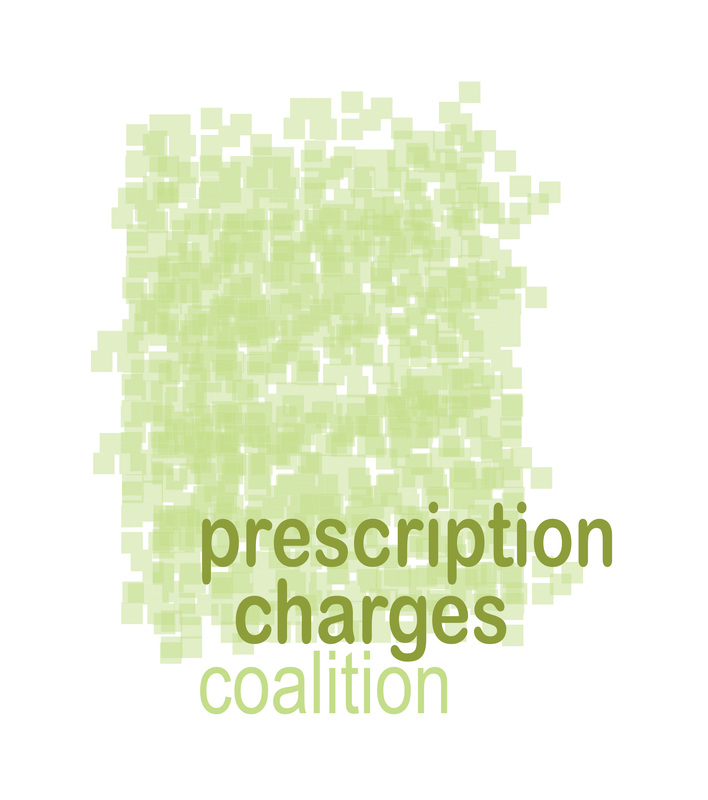|
Spina bifida is a complex condition involving most of the body- pain, high blood pressure, infections to the skin and tissues, pressure sores and thin bones are commonplace. Until relatively recent times, open spina bifida led to death in the infants or children born with it, in the vast majority of cases.
From the 1960s, a breakthrough in treatment meant lives could be saved, and many of the 4000 babies born with spina bifida each year at that time survived. However, by the mid-1960s, it was apparent that renal failure, arising from abnormal bladder function, was a severe, often fatal complication. It became a routine part of early treatment to surgically bypass the bladder, diverting the urine into a permanent stoma on the abdomen. When the medical exemption list was published in 1968, the list of people exempt from prescription charges included those using collection devices for people with permanent stomas, so the vast majority of people with spina bifida received all their prescriptions, (including those for unrelated conditions) without charge. Advances in medical technology meant that from the late 1970s, fewer people used a permanent stoma. New techniques using a temporary thin catheter coupled with medication to relax the bladder allowed many people with spina bifida to achieve continence. Most children from the 1980s grew up with this method, and some adults had their stoma reversed to improve their body image. However, despite gaining all the benefits of better health and improved quality of life, intermittent catheterisation meant people with spina bifida lost exemption from prescription charges. Unless working adults met the criteria in some other way, such as epilepsy, they needed to pay for prescriptions for catheters and bladder relaxant medications. More recently, advances in bowel management, such as irrigation, have further liberated adults with spina bifida from ill health and incontinence, allowing some to have the confidence to take paid work for the first time in their lives. The equipment is available on prescription, and yes, they have to pay! To live comfortably, people with spina bifida tell Shine they often have between 5 and 11 prescription items every month. Even with the ill-publicised Prepayment Certificate, living and working with a long-term condition gets expensive. For those entering the world of work, prescription charges add to the financial burden that people with long-term conditions like spina bifida bear. It’s high time this unfairness was ended. In June this year the medical exemption list will be 50 years old. Please sign the Petition calling on the Government to urgently review this situation so that people with long-term conditions don’t have to struggle with the cost of prescriptions. Medical technology has advanced- but this list is stuck in the past! Gillian Yaz Health Development Manager at Shine
0 Comments
Imagine being told by your GP that after months of ill-health all the tests confirm that you have a life-long condition. You may have to change your life to cope with your symptoms and have regular medical appointments. And what about work – how will they take it if you need to drop a shift at short notice because you’re unwell? Medication will help but as you are in work, not on benefits and live in England, you’ll need to pay £8.80 for every item on your prescription. How’s that going to affect the family finances?
As a community pharmacist I often hear exactly these kinds of concerns from people who come in clutching a prescription and needing advice. They’re not alone – around 15 million people in England have a long-term condition. Some long-term conditions attract the prescription charge, but others don’t, which is deeply unfair. This situation has arisen because the list of those exempt from prescription charges was set up 50 years ago and hasn’t changed since. It was established at a time when people with certain illnesses weren’t expected to live that long and other conditions hadn’t even been discovered yet, for example genetic disorders, some autoimmune diseases and HIV. Large scale surveys of patients consistently show that 1 in 3 people who work and have a long-term condition struggle to afford their medicines. Some have to ration the medicines they take. People frequently say to me about their prescription “I can’t afford all of these – which one can I do without?” Others have to choose between paying for their medicines or household bills. They face medicines poverty because they have an illness they don’t want. The same surveys show that around 1 in 5 people with a long-term condition don’t buy a pre-payment certificate, a kind of season ticket for people needing regular medication, because they feel they don’t get enough prescriptions to benefit from one. This is particularly true if your condition fluctuates and some months you need a lot of medicines and then others you don’t. Buying a pre-payment certificate is also beyond the means of many at £104 per year. If you are on a zero hours contract with a variable monthly income, paying regular instalments for medicines you may or may not need that month becomes a luxury you can’t afford. Prescription charges act as a tax on the sick that impacts on people’s health. If you can’t afford to take the medicines you need regularly and you become really unwell, the Government ends up paying for the knock-on expense of hospital admissions and at around £400 a day for a hospital bed that’s a significant cost. This isn’t a party political issue. The problem has existed for decades. The Prescription Charges Coalition is an organisation made up of 40 charities campaigning to abolish unfair prescription charges for people with long term conditions. It is calling on all political parties to abolish the unfair list of selective medical exemptions drawn up in 1968 and ease the financial burden on those least able to pay, improving health and reducing costs in the long-term too. Join the campaign today by signing the e-petition today and help end medicines poverty for those with life-long conditions who can’t afford to pay for their medicines. Sandra Gidley, Royal Pharmaceutical Society
The reason for Poppy’s morning struggle? Ankylosing spondylitis (AS), a form of inflammatory arthritis which most commonly affects the spine. It can also affect other joints, eyes, bowels, skin, lungs and heart. At best, AS can be managed with anti-inflammatory drugs and exercise, but at its worst, a combination of strong medications is necessary.
Poppy was diagnosed with the condition three years ago, after showing symptoms from the age of 13. Poppy gets on with life as best she can, studying at Manchester Metropolitan University and working part-time to support herself through uni. She is supported by her partner Ben, who Poppy describes as “amazing”. Her university is understanding, but teachers and peers will never know just how painful life can be with AS – even something as simple as sitting in the wrong type of chair can cause incredible pain and discomfort. Despite this, Poppy maintains a positive, proactive attitude. She has, however, seen some dark times due to AS. Over the years she has been prescribed a huge number of different drugs to help her with her daily pain and fatigue. Poppy also is also hypermobile, meaning her joints painfully move beyond the normal range, and lives with fibromyalgia, a long-term condition that causes pain all over her body. As such, it took a long time for her consultant to be able to find the right combination of drugs. At one point, Poppy was on seven different drugs to combat her condition. The monthly cost of these prescriptions was £61.60 – an unaffordable sum for a student working part time. This meant that she often skipped her medication for two to three weeks at a time, forcing her to miss lectures due to pain and her inability to move. Without medication, so many people with ankylosing spondylitis like Poppy don’t have the quality of life that people who don’t live with a long-term condition do. Please support those who need it by signing the petition, which calls for the medical exemption list to be revised and include free prescriptions for all those living with a long-term condition. For more information on ankylosing spondylitis (axial spondyloarthritis) visit www.nass.co.uk. |
ActivityHere you'll find information about the Prescription Charges Coalition's latest activities Archives
June 2024
Categories |





 RSS Feed
RSS Feed